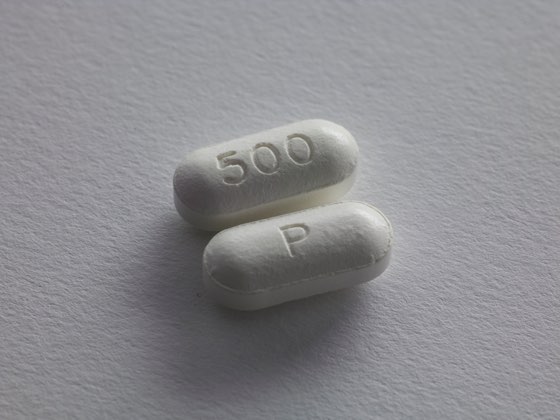NSAIDS inhibit the ability of Platelet Rich Plasma to stimulate tissue repair. Reporting in the June 2015 issue of Orthopedic Journal of Sports Medicine, Dr. Gert Schppinger and colleagues at the Center for Sports Medicine and Orthopaedic Surgery in Graz, Austria showed that NSAIDS inhibit the ability of platelets to stimulate tissue repair. In this study, Platelet Rich Plasma (PRP) was collected from patients receiving Nonsteroidal Anti-inflammatory Drugs (NSAIDs) such as Aspirin, Ibuprofen, and Naproxen and then their platelet function was evaluated. Results were compared with PRP obtained from healthy volunteers (the control group) without a history of NSAID intake during the previous 2 weeks. When the PRP from the NSAID group was compared with the PRP from the control group (No NSAID use), a massive inhibition of platelet aggregation with significant impairment of platelet function was shown.
Comments:
At Oregon Regenerative Medicine we use Platelet Rich Plasma to treat people suffering from pain, muscle, ligament and tendon injuries, and from osteoarthritis. Studies show that the main therapeutic effects of PRP rely on the delivery of a high concentration of bioactive growth factors, which stimulate repair and regeneration for these conditions. This study demonstrated that taking NSAIDS prior to treatment inhibits the ability of PRP to repair tissue. Therefore, to get the most out of their PRP treatments, patients should avoid NSAID use for at least 5-days prior to PRP treatment.
Reference: Gert Schippinger, MD, Florian Prüller, MD, Manuela Divjak, et. al. Autologous Platelet-Rich Plasma Preparations, Influence of Nonsteroidal Anti-inflammatory Drugs on Platelet Function. Orthopaedic Journal of Sports Medicine June 2015 vol. 3 no. 6




